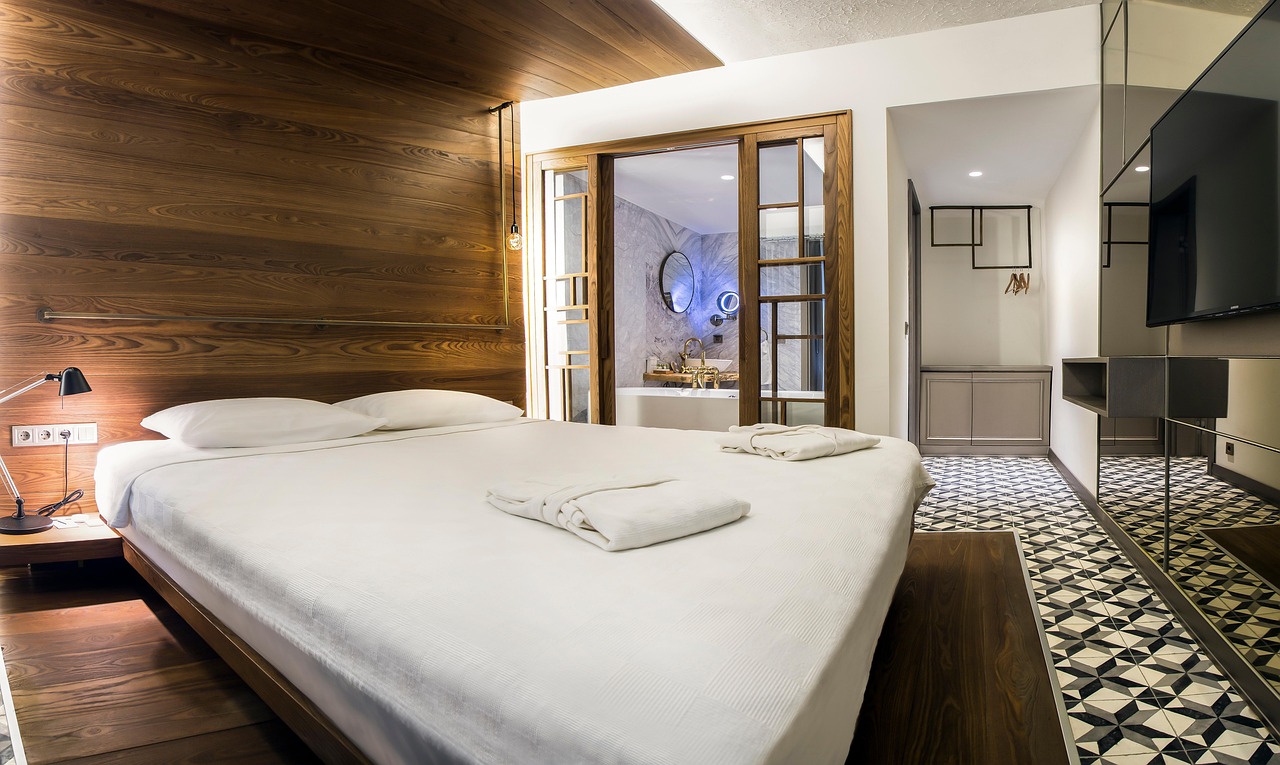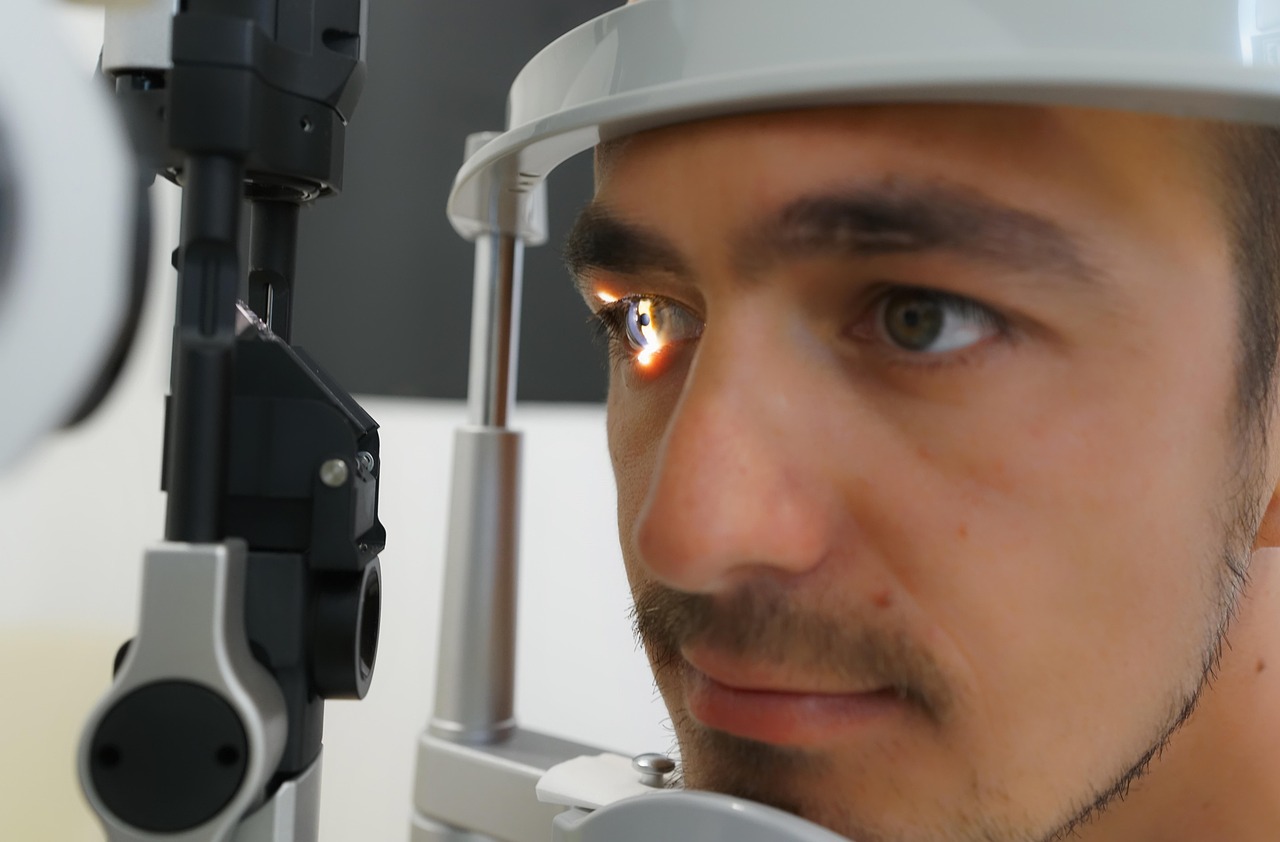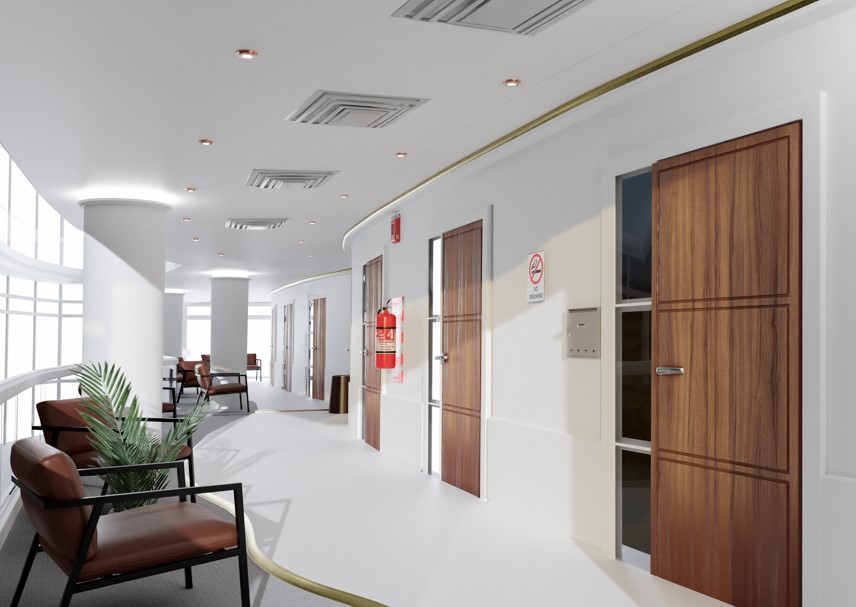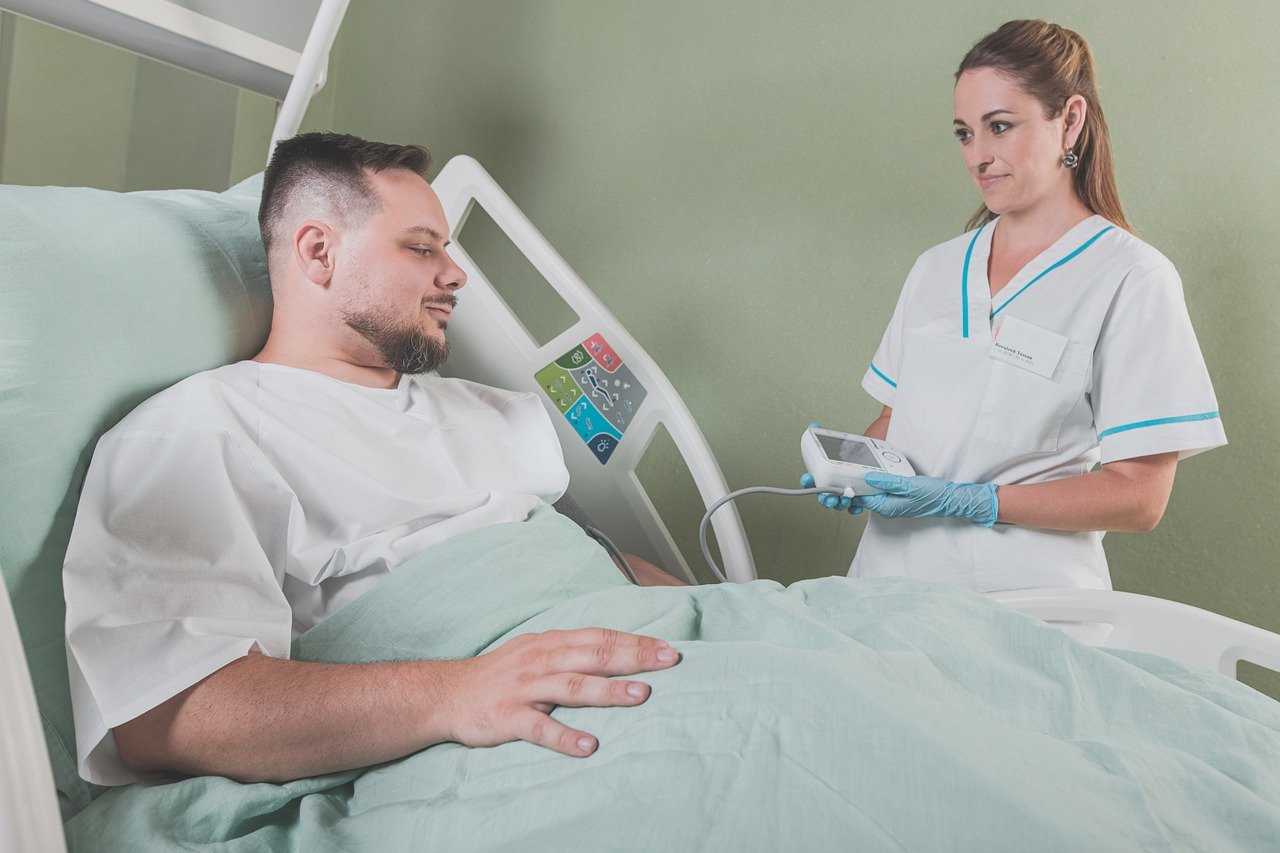27
Sep 2024
Victor Harbor Private Hospital to Shut Down, with Beds Moving to Public System
Published in News on September 27, 2024
![Victor Harbor Private Hospital to Shut Down, with Beds Moving to Public System The 18-bed Victor Harbor Private Hospital (VHPH) will officially close its doors on April 19, following financial and operational pressures, making it the latest regional community hospital in South Australia to shut down.
VHPH board chairperson, Phil Goode, stated that it had become clear the hospital no longer had a sustainable future. Despite the difficult nature of the decision, Goode emphasized that it was a realistic choice, allowing the board to avoid accumulating debt and preserve its cash reserves.
Just a year ago, Goode had cautioned the community and local GPs, urging them to "use or lose" the hospital, but mounting challenges ultimately led to the closure. "The headwinds were simply too strong," he explained when discussing the reasons behind the decision.
Mr Goode highlighted that the hospital's declining use was partly due to a shortage of GPs willing or able to admit patients and provide post-operative care. He also pointed to increasing difficulties in negotiating contracts with private health insurers, who were reluctant to adjust payments in line with inflation.
Ownership Transfers to SA Health
Goode explained that under the terms of the original lease and health management agreements, ownership of the building would legally transfer to the local health network once the private hospital ceased operations.
Bronwyn Masters, interim chief executive of the Barossa Hills Fleurieu Local Health Network (BHFLHN), confirmed that they had been informed of the hospital's closure set for April 19 and were working to ensure a smooth transition of services.
Ms. Bronwyn Masters stated that the space currently occupied by Victor Harbor Private Hospital would be integrated into the co-located 32-bed Southern Fleurieu Health Service public hospital. Patients will still have the option to be admitted as private patients within the public hospital.
The two hospitals share staff, with the private hospital reimbursing its portion of the staffing costs. Ms. Masters reassured that no jobs or working hours would be lost, as all staff would continue to be employed by the Southern Fleurieu Health Service.
For over a year, the public hospital has utilized up to five of the private hospital's beds to manage growing demand due to the local population increase.
Mr Goode explained that the hospital board made a moral and ethical choice not to charge SA Health for using these beds, prioritizing patient care and ensuring public patients were not turned away from local health services.
Mr. Goode noted that the number of private patients at Victor Harbor Private Hospital had decreased to an average of just six or seven per day since the COVID-19 pandemic.
"COVID was a significant factor for us," Goode said. "When I look back to 2019, we provided 6,000 occupied bed days to this community and performed 1,000 surgical procedures. I believed we were offering an incredible service and a valuable option for those with private health cover, which should have been highly regarded—helping to ease the pressure on the public health system significantly."
Sixteen of the private hospital's 18 beds will become general public beds, and the remaining two will be converted to renal dialysis units, something Mr Goode said was sorely needed in the community.
"That will provide at least another eight patient treatments every week which I think is a very good outcome for the community."
He said the board would use its cash reserves to provide an ongoing legacy for the good of the community, such as scholarships to attract and retain more GPs and programs to improve paediatric services in the area and support families with sick children.
Need for more planning
Local MP David Basham said while the closure was disappointing, he was pleased that the government had committed to keeping the beds open.
"It [the private hospital] hasn't been able to maintain itself since the 2015 Transforming Health change, when the local GPs were taken out of the public hospital and were then less available to the private hospital," he said.
Mr. Basham cautioned that despite transferring beds to the public hospital, the facility would still face challenges in meeting the demands of the rapidly growing population in the Fleurieu region.
He also noted that work on an eight-bed expansion of the hospital's emergency department, expected to be completed by 2023, has yet to begin.
In light of the closure of Victor Harbor Private Hospital and the growing demand for accommodation in the public hospital system, patients and their families seeking accommodation during hospital stays in the Fleurieu region may need to explore alternative options. There are various fully furnished serviced apartments and short-term accommodations available nearby, offering convenient and comfortable stays for those needing proximity to the Southern Fleurieu Health Service. This accommodation is ideal for longer stays and provides a home-like environment, making it easier for individuals to focus on recovery or support their loved ones during treatment.](https://c3eeedc15c0611d84c18-6d9497f165d09befa49b878e755ba3c4.ssl.cf4.rackcdn.com/photos/blogs/article-770-1739363335.jpg)
The 18-bed Victor Harbor Private Hospital (VHPH) will officially close its doors on April 19, following financial and operational pressures, making it the latest regional community hospital in South Australia to shut down.
VHPH board chairperson, Phil Goode, stated that it had become clear the hospital no longer had a sustainable future. Despite the difficult nature of the decision, Goode emphasized that it was a realistic choice, allowing the board to avoid accumulating debt and preserve its cash reserves.
Just a year ago, Goode had cautioned the community and local GPs, urging them to "use or lose" the hospital, but mounting challenges ultimately led to the closure. "The headwinds were simply too strong," he explained when discussing the reasons behind the decision.
Mr Goode highlighted that the hospital's declining use was partly due to a shortage of GPs willing or able to admit patients and provide post-operative care. He also pointed to increasing difficulties in negotiating contracts with private health insurers, who were reluctant to adjust payments in line with inflation.
Ownership Transfers to SA Health
Goode explained that under the terms of the original lease and health management agreements, ownership of the building would legally transfer to the local health network once the private hospital ceased operations.
Bronwyn Masters, interim chief executive of the Barossa Hills Fleurieu Local Health Network (BHFLHN), confirmed that they had been informed of the hospital's closure set for April 19 and were working to ensure a smooth transition of services.
Ms. Bronwyn Masters stated that the space currently occupied by Victor Harbor Private Hospital would be integrated into the co-located 32-bed Southern Fleurieu Health Service public hospital. Patients will still have the option to be admitted as private patients within the public hospital.
The two hospitals share staff, with the private hospital reimbursing its portion of the staffing costs. Ms. Masters reassured that no jobs or working hours would be lost, as all staff would continue to be employed by the Southern Fleurieu Health Service.
For over a year, the public hospital has utilized up to five of the private hospital's beds to manage growing demand due to the local population increase.
Mr Goode explained that the hospital board made a moral and ethical choice not to charge SA Health for using these beds, prioritizing patient care and ensuring public patients were not turned away from local health services.
Mr. Goode noted that the number of private patients at Victor Harbor Private Hospital had decreased to an average of just six or seven per day since the COVID-19 pandemic.
"COVID was a significant factor for us," Goode said. "When I look back to 2019, we provided 6,000 occupied bed days to this community and performed 1,000 surgical procedures. I believed we were offering an incredible service and a valuable option for those with private health cover, which should have been highly regarded—helping to ease the pressure on the public health system significantly."
Sixteen of the private hospital's 18 beds will become general public beds, and the remaining two will be converted to renal dialysis units, something Mr Goode said was sorely needed in the community.
"That will provide at least another eight patient treatments every week which I think is a very good outcome for the community."
He said the board would use its cash reserves to provide an ongoing legacy for the good of the community, such as scholarships to attract and retain more GPs and programs to improve paediatric services in the area and support families with sick children.
Need for more planning
Local MP David Basham said while the closure was disappointing, he was pleased that the government had committed to keeping the beds open.
"It [the private hospital] hasn't been able to maintain itself since the 2015 Transforming Health change, when the local GPs were taken out of the public hospital and were then less available to the private hospital," he said.
Mr. Basham cautioned that despite transferring beds to the public hospital, the facility would still face challenges in meeting the demands of the rapidly growing population in the Fleurieu region.
He also noted that work on an eight-bed expansion of the hospital's emergency department, expected to be completed by 2023, has yet to begin.
In light of the closure of Victor Harbor Private Hospital and the growing demand for accommodation in the public hospital system, patients and their families seeking accommodation during hospital stays in the Fleurieu region may need to explore alternative options. There are various fully furnished serviced apartments and short-term accommodations available nearby, offering convenient and comfortable stays for those needing proximity to the Southern Fleurieu Health Service. This accommodation is ideal for longer stays and provides a home-like environment, making it easier for individuals to focus on recovery or support their loved ones during treatment.









